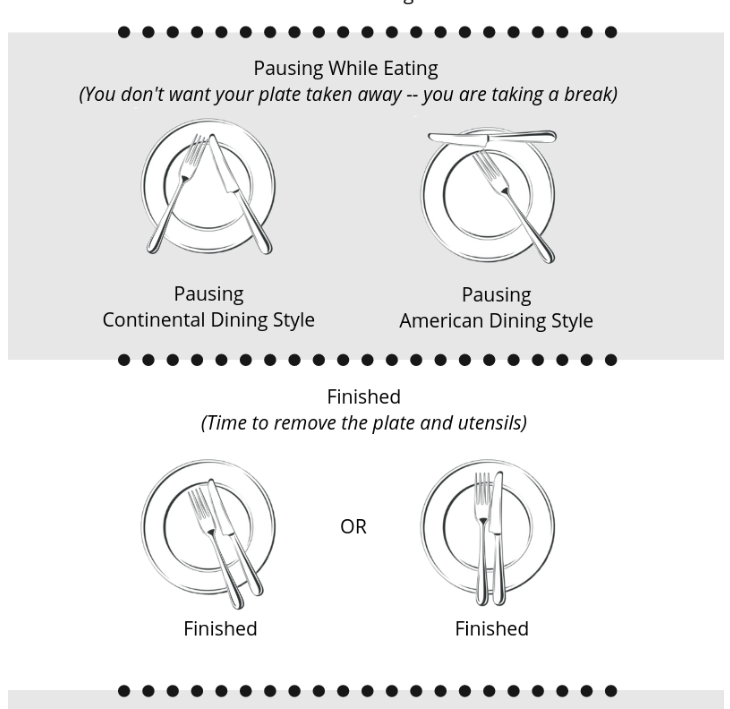Civilizing details that you missed during childhood- share here
Anonymous
My husband does and one of the main reasons is so he can tip random people when he thinks they deserve it. He always tips the hotel housekeepers but will also tip shuttle drivers, and yesterday tipped the guys shoveling the walk at our ski place. I don't think anyone else tips them but they definitely appreciated it. |
Anonymous
It wasn't me but I'm similar. If I touch raw meat, I don't touch anything else before washing my hands. I have a friend who is not so OCD as me about this and got herself (and only herself) horribly sick over Thanksgiving after preparing the turkey. I'll take the abuse for washing my hands too much rather than her miserable two days over a toilet. |
Anonymous
Based on this thread, it seems highly unlikely that they are getting $10/room so your math is way off. And why would you assume that the tips are not taxed? Until something changes, tips are taxable wages and plenty of employees and businesses are compliant about reporting them. In fact, the IRS has quite a few programs that impute income for presumed tips in industries where tipping is common. So, in those programs, the employees get reported taxable wages whether you stiff them or not. |
Anonymous
This is completely ridiculous. Leaving lights on all night is just contributing to light pollution. And wasting electricity. Two types of pollution that are both bad for the planet. And for what exactly? So the neighborhood looks more expensive for the stuck up neighbors? Did I understand that correctly? |
Anonymous
I sometimes leave my front walk light on so people can more safely use the sidewalk in front of my house. |
Anonymous
False. You can suavely lean on one elbow, gesticulating with the other hand. Perhaps holding a champagne glass as you do so. |
Anonymous
This, plus safety, the house looks occupied and hopefully deters break-ins. Does not deter car break-ins, however! |
Anonymous
I was taught all that too as a child, but I have to admit I absolutely don’t notice how other people are holding their forks. Occasionally I do notice whether the fork overlaps the knife (tines down), or if the fork and knife are separated like rowboat oars (tines up), when someone is still eating. But that is only because I’m reminded of this one time during a meal w extended family (from different continents), when there was an overly spirited discussion on the subject. It was just at the age when us kids were starting to be more conscious about that kind of stuff, and probably why it came up at all. |
Anonymous
I do it for crime deterrence. Everyone should. Use LED lights. |
Anonymous
Because those people have better manners! (I’m the type who will ask, but sensitive people receive that as a call-out so I have to make that judgment call first) What a “viscous” cycle 
|
Anonymous
That doesn't fix the light pollution problem. You should use motion-sensing LED lights. |
Anonymous
It was similar for me. Once I got a job I bought my own tampons but I had to hide them from my mother who absolutely refused to allow them. Before my job I also had to take toilet paper from school to bring home to use. The summers with no school were miserable. |
Anonymous
Really? It discourages crime. People are far less lilley to break into cars and houses if they are easily visible. |
Anonymous
I always just use dish soap. |
Anonymous
I always do tines down too, and always parallel at an angle when I'm done. It doesn't really matter since every server everywhere still asks verbally. I guess I don't clean my plate! 
|
